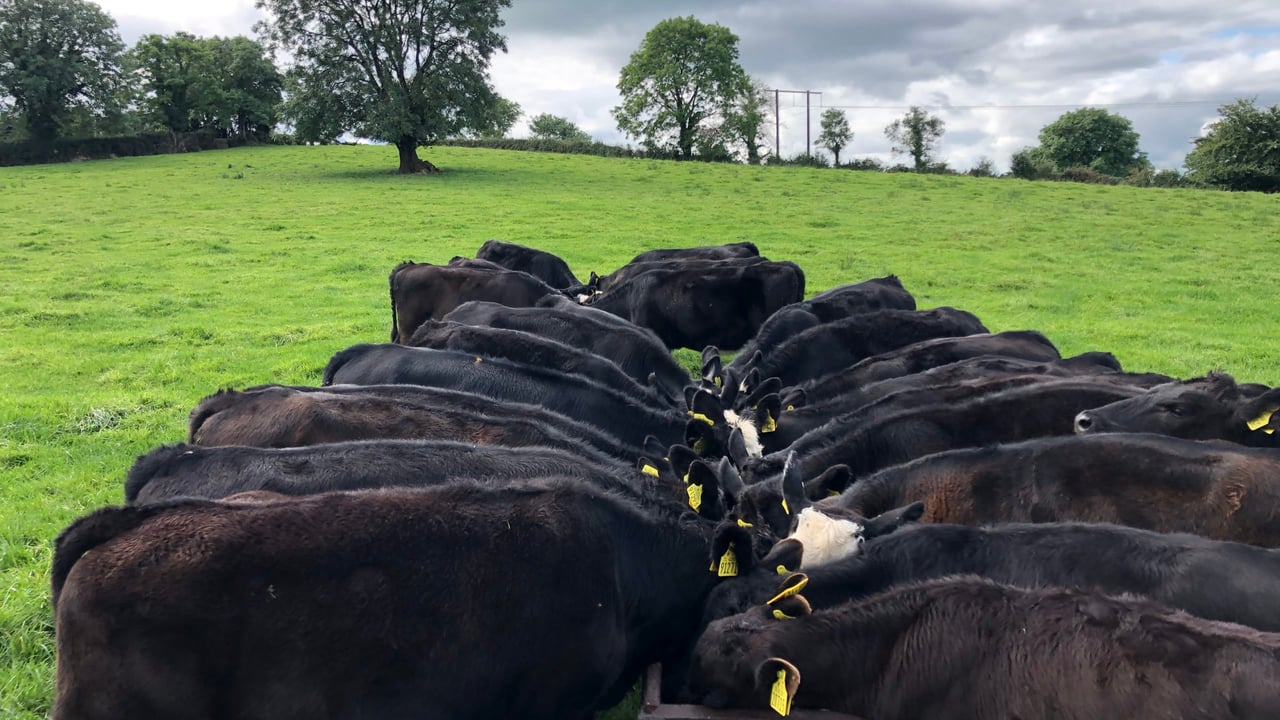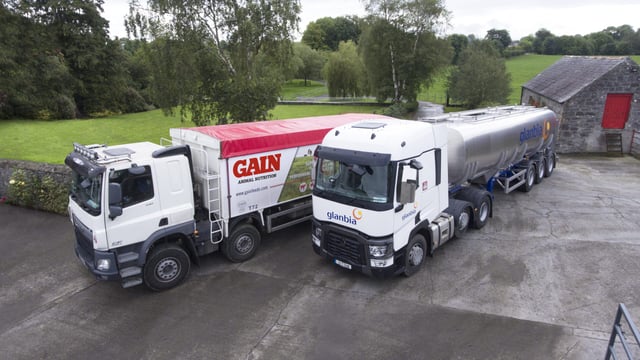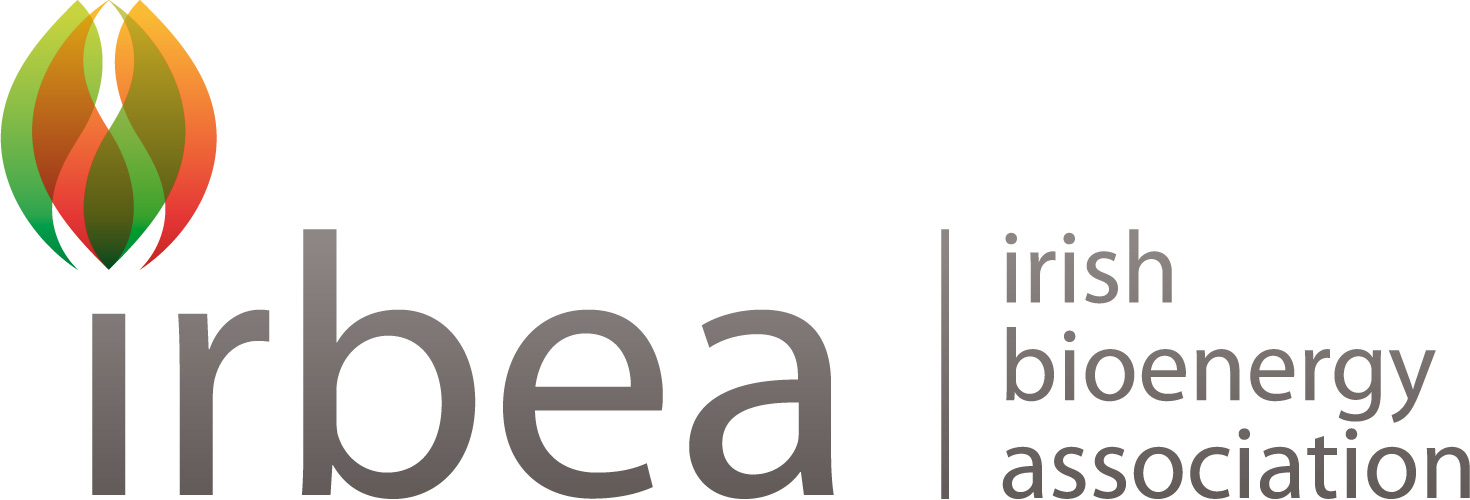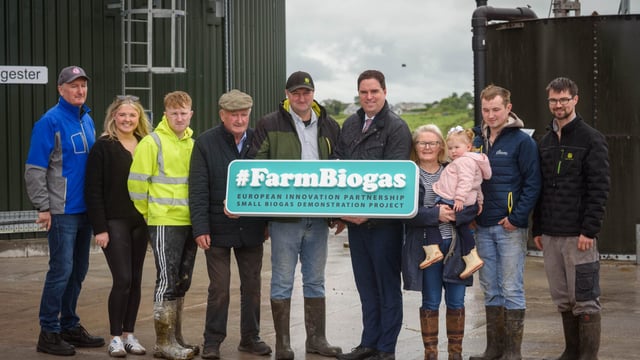Nitrates programme must not 'undermine beef merit' of dairy-beef calves
The Irish Cattle and Sheep Farmers' Association (ICSA) has said that the draft Nitrates Action Programme (NAP), published today (Tuesday, December 14) adds "extra cost, red tape and restrictions and it is particularly unfair for less intensive farmers" who do not benefit from higher stocking rates.
ICSA Rural Development Committee chair, Tim Farrell said: “The [nitrates] programme envisages compulsory LESS [low emission slurry spreading] for a large proportion of active livestock farmers by 2025, i.e., those stocked above 100kg organic nitrogen/ha.
"It is also impractical particularly for farmers with conventional slurry spreaders who spread their own slurry from smaller slatted sheds, and where the cost of large contractor machines even for a few loads of slurry will be prohibitive," he added.
The ICSA has said that it is also opposed to a further limitation on the spreading period for slurry.
The draft Nitrates Action Programme outlines that to reduce the impact of nutrient losses in the riskiest period, the spreading of slurry must be applied as follows:
"We have seen many times that slurry is spread effectively in October where weather permits. This is especially true where August and September turn out to be very wet months," Farrell continued.
The farm organisation is also concerned at the proposal to vary the organic nitrogen attributed to cows based on yield.
“It strikes us as totally unworkable in practice, and probably unenforceable in the case of farms which are close to the limits for a particular yield," Farrell continued.
"We must have a more holistic view of policy. Encouraging more Jersey cross will be extremely damaging to our beef sector, and it should not be encapsulated in any regulations," he added.
“ICSA is warning the government to think long and hard before further damaging the beef sector by further undermining the beef merit of calves born in the dairy herd.”





